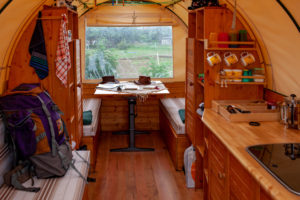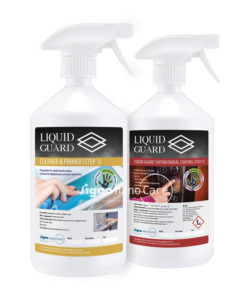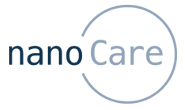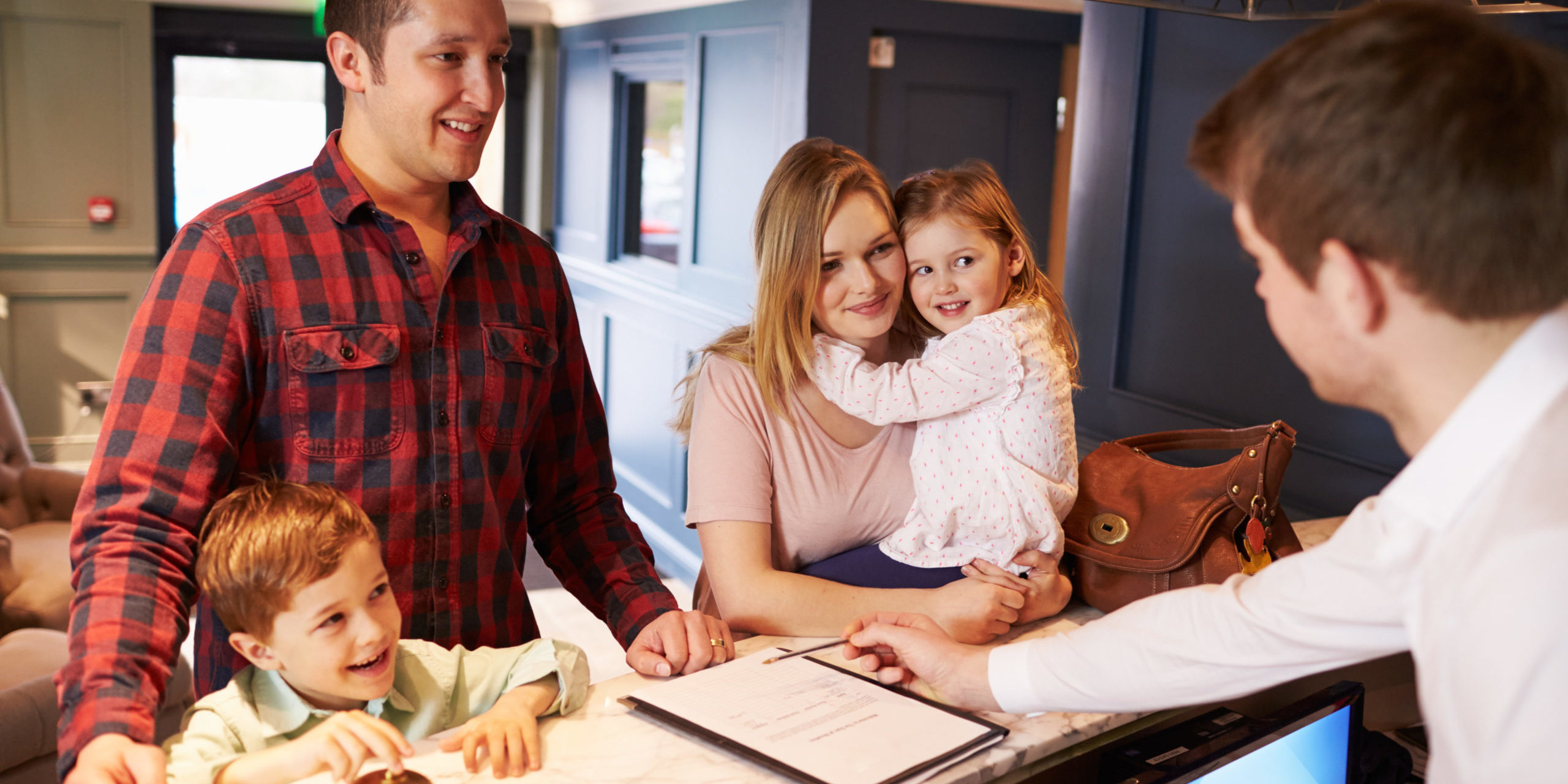With hotels and B&B’s being able to open from the 17th May, combined with the recent easing of border restrictions between Wales, England and Scotland, demand for staycations is increasing exponentially. The Camping and Caravanning Club saw its membership increase by a third in March alone and the website Properties.com has seen the demand for week-long stays double, confirming 2021 as the year of the staycation.
It’s easy to see why people have chosen stand-alone cottages, park homes and caravans as a holiday option, feeling ‘safer’ without the shared facilities and being able to retain your ‘own’ space.
Even with the need for a negative Lateral Flow Test before arrival, social distancing and mask wearing, there is still the need for these holiday businesses to increase deep cleaning on changeover days and repeat daily deep cleans of any shared/public facilities. These Covid cleaning regimes are not without issues – the additional time required to undertake the stringent disinfecting and sanitising often calls for extra staff to be available.
The traditional disinfection and fogging methods, which use a range of chemicals such as hydrogen peroxide, ozone and chlorine dioxide, are not always the most practical solutions for high-traffic areas such as shower and toilet facilities, whole cottages or shared spaces. Surface disinfection and fogging kills the bacteria and viruses that are present on the surface at that moment in time. Yet once the sanitising process is complete and people return to the area, they bring with them transient microbes that are then immediately deposited through hand-surface-hand contact to any surface they touch.
shared spaces. Surface disinfection and fogging kills the bacteria and viruses that are present on the surface at that moment in time. Yet once the sanitising process is complete and people return to the area, they bring with them transient microbes that are then immediately deposited through hand-surface-hand contact to any surface they touch.
These issues around shared spaces are magnified within hotels and B&B’s as they are typically indoors with limited airflow and potentially a high daily turnaround of visitors.
Areas such as reception desks, pens, door handles and other contact surfaces all serve as carriers to re-infect the area and continue the spread of infection. Furthermore, a requirement to repeat fogging treatment with its huge premium cost on maintenance budgets is simply not sustainable for most businesses.
The Corus and Laura Ashley Hotels group, like many other businesses, has engaged new technology to achieve hygiene solutions during the Covid-19 crisis. It has taken the bold step of re-formatting its deep-cleaning procedures to enhance and strengthen the traditional methods of cleaning. Having introduced a long-term antimicrobial nano coating treatment into the post-pandemic disinfection regime, there is certainty that all surfaces in high touch areas are constantly ‘self-disinfecting’ for twelve months.
David Westerby, Chief Executive Officer Corus & Laura Ashley Hotels, commented after the first lock down: “As we welcome customers back, it’s crucial that their safety takes precedence – alongside employees. To achieve a new higher level of confidence we have researched and deployed new technologies to reach new, higher standards.”

Anti-microbial 1l Liquid Guard Coating System bottles
Self-disinfection technology
The antimicrobial nano-coating being employed delivers a liquid layer of silicon (Si02, sand) approximately 130 nm thick and can be applied through a simple spray and wipe action to a substrate’s surface to form a permanent bonded ‘glass-like’ barrier. The coating is fused to the surface and in essence becomes part of the substrate (light switch, door handle or key card) enhancing its performance (water/dirt repellence) and delivering antimicrobial functionality on contact with the surface.
The antimicrobial self-disinfection technology has been laboratory tested for its long-term (up to three years) efficacy against an extensive range of common household bacteria and viruses including SARS CoV 2, Influenza A, MRSA, E.Coli., whilst on-going ‘in field’ testing can be used to verify performance.
One of the main benefits of Liquid Guard antimicrobial surface coating is its ease of use, it can be applied quickly in a two-stage process on all non-absorbent surfaces, such as desks, wardrobe doors, television remote controls and door handles. There is also an option for use on upholstered furniture, soft furnishings and staff apparel Liquid Guard Textile is applied in a one-part spray treatment and will last for approximately twelve washes or twelve months.
Simon Mercer, Managing Director at Signo Nanocare, comments: “Over the last twelve months, new technologies have enabled us to continue home schooling, work and taking part in distanced family gatherings. The uptake of self-disinfection technologies in the form of antimicrobial nano-coatings in the cleaning and disinfection sector has allowed the industry to take advantage of the most up-to-date surface protection technology available allowing businesses to work smarter not harder.”








